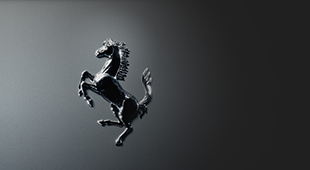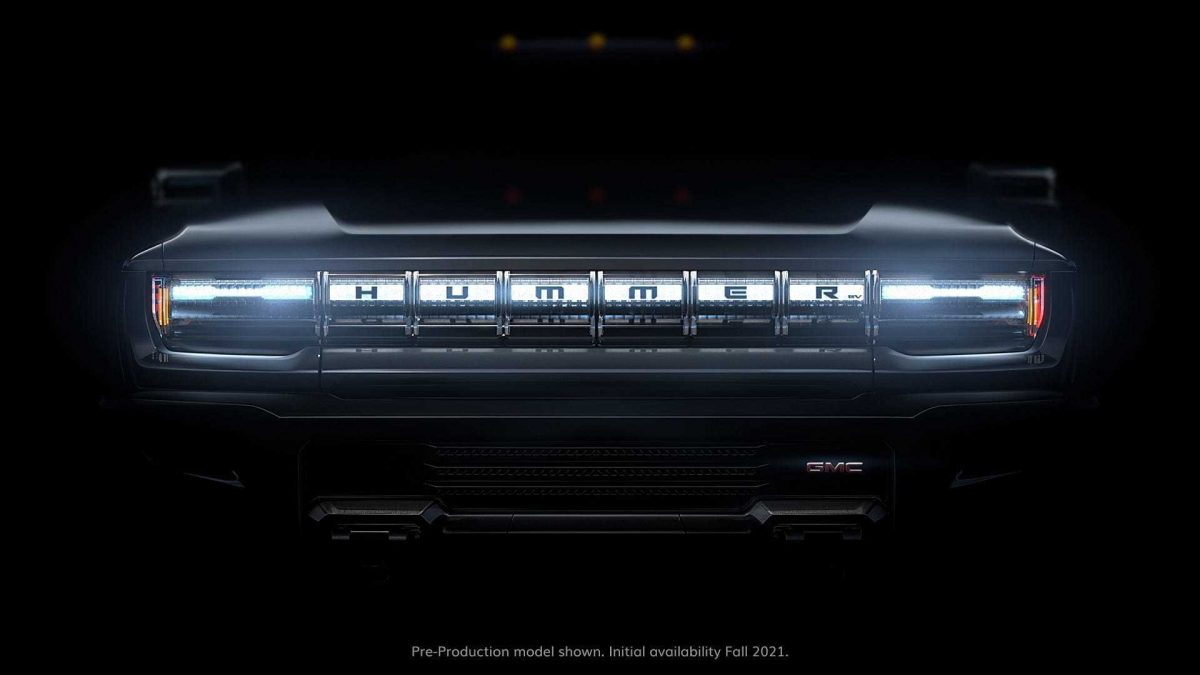Sound core business growth in Q1 2020 guidance revised to reflect present constraints and uncertainties | Ferrari Corporate Jump to navigation Publication date: 04 May 2020 Go to Source
Tag: FCA
Feds clear General Motors in UAW union corruption probe
FBI agents finish loading materials into a truck out of the home of United Auto Workers President Gary Jones on Wednesday, Aug. 28, 2019. Michael Wayland / CNBC Federal prosecutors this week informed General Motors that it is not currently a target in a yearslong investigation into corruption of the United Auto Workers union. The… Continue reading Feds clear General Motors in UAW union corruption probe
@FCA: FCA México reportó ventas de 1,761 unidades
1 de mayo de 2020 , Ciudad de México – RAM fue la marca con mayor número en ventas en abril. FCA México reportó ventas de 1,761 unidades. “Estamos viviendo un momento sin precedentes lo cual nos ha impulsado a generar cambios en la forma en la que estábamos acostumbrados a vender vehículos de FCA, por esto… Continue reading @FCA: FCA México reportó ventas de 1,761 unidades
@Ferrari: Ferrari starts the “Installation Lap” phase, courses on new safety regulations
Training and serological tests before production resumesand gradually ramps up from 4 May. Maranello, 30 April 2020 – Ferrari N.V. (“Ferrari” or the “Company”) (NYSE/MTA: RACE) has launched the “Installation Lap” phase, safety training primarily for employees involved in the resumption of production from Monday 4 May. The Company has dedicated several days to… Continue reading @Ferrari: Ferrari starts the “Installation Lap” phase, courses on new safety regulations
The Cavallino pact towards the encore: Exor and Ferrari ready for renewal
Download the Sole 24 ORE app on:Google PlayApp store Il Sole 24 ORE adheres to The Trust Project P.I. 00777910159Company data © Copyright Il Sole 24 Ore All rights reserved For your advertising on the site: Websystem Cookie PolicyPrivacy policy Go to Source
Ford Motor steps up campaign to convince union workers to restart U.S. output
DETROIT, April 30 (Reuters) – Ford Motor Co on Thursday outlined the safety measures it will institute to restart its most profitable U.S. plants, expanding on similar efforts by General Motors Co and Fiat Chrysler to convince leaders of the United Auto Workers union to send members back to work. The UAW so far has… Continue reading Ford Motor steps up campaign to convince union workers to restart U.S. output
Ferrari starts the “Installation Lap” phase, courses on new safety regulations.
Training and serological tests before production resumes and gradually ramps up from 4 May.Maranello, 30 April 2020 – Ferrari N.V. (“Ferrari” or the “Company”) (NYSE/MTA: RACE) has launched the “Installation Lap” phase, safety training primarily for employees involved in the resumption of production from Monday 4 May.The Company has dedicated several days to this crucial… Continue reading Ferrari starts the “Installation Lap” phase, courses on new safety regulations.
Key Ford, Toyota Supplier BorgWarner to Reopen Tornado-Damaged South Carolina Plant
Key Ford, Toyota Supplier BorgWarner to Reopen Tornado-Damaged South Carolina Plant More Auto-industry supplier BorgWarner (NYSE: BWA) said that it expects to resume limited production at a tornado-damaged South Carolina factory in early May. The factory makes critical parts for four-wheel-drive versions of pickup trucks and SUVs made by automakers including Ford (NYSE: F), Fiat… Continue reading Key Ford, Toyota Supplier BorgWarner to Reopen Tornado-Damaged South Carolina Plant
Ferrari to gradually restart operations from Monday
FILE PHOTO: The Ferrari logo is pictured as Ferrari Roma is unveiled during its first world presentation in Rome, Italy, November 14, 2019. REUTERS/Guglielmo Mangiapane MILAN (Reuters) – Luxury carmaker Ferrari (RACE.MI) said on Thursday it would restart operations at its Maranello and Modena plants on May 4, when Italy is set start lifting lockdown… Continue reading Ferrari to gradually restart operations from Monday
GM delays GMC Hummer EV unveiling set for May
Detroit — General Motors Co. has indefinitely delayed the public unveiling of its GMC Hummer EV. The unveiling, previously scheduled for May 20 in Las Vegas, was delayed because of the COVID-19 pandemic that has caused states to issue stay-at-home orders and enforce social-distancing protocols. GM also had to delay the premiere of its electric Cadillac Lyriq crossover… Continue reading GM delays GMC Hummer EV unveiling set for May

